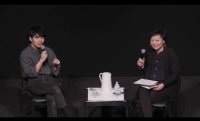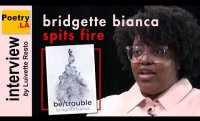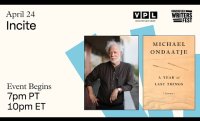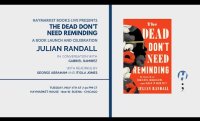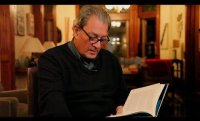Organic Insinuations
“All too often, on a ‘poetry scene,’ people prioritise ‘subject matter,’” says John Burnside in a 2023 interview about his writing process by Jesse Nathan published on McSweeney’s Internet Tendency. “I am sure that, as I am working, environmental concerns insinuate their way into the content of a poem organically, as other concerns will—but I would never start from there.” Inspired by the late Scottish poet, who died at the age of sixty-nine on May 29, write a poem that springs not from a predetermined topic or subject matter, but instead allows you to “trust in the sounds, the rhythms that come out of the day-to-day, the sheer immediacy and truth of the quotidian…and the images that lead, sometimes via fairly roundabout paths, to metaphor.” Later, as you reread and revise, what do you discover is the subject of your poem? What might have organically insinuated itself into your poem?






